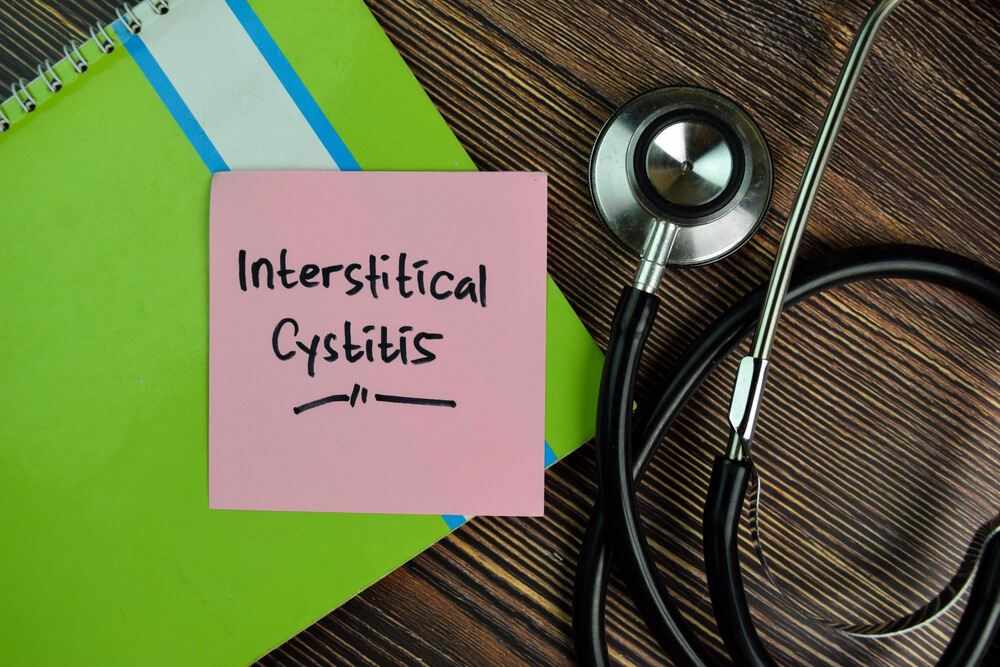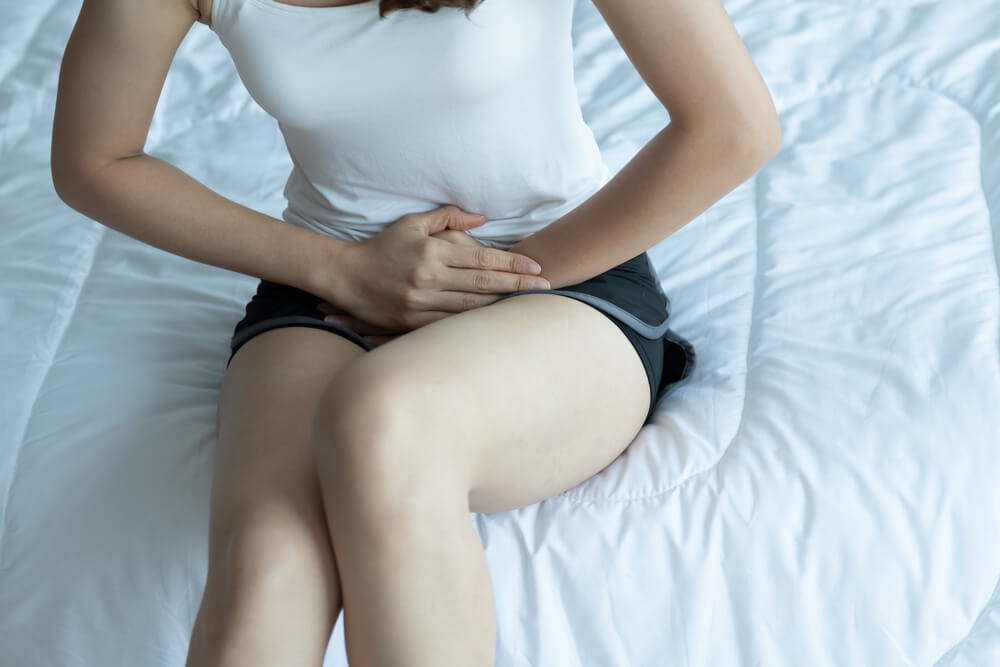Pelvic pain has often been related to wearing skinny jeans and having sex and was advised by doctors that not doing either can prevent it from occurring. Thankfully in recent years modern medicine has advanced and finding the root cause of vaginal pain can be determined by a pelvic floor specialist. And in some instances, STD testing in Miami may be required.
This article will cover all you need to know about pelvic pain, along with the reasons that could be causing sharp pain in vaginal area and what treatment is best. Although, for an accurate diagnosis of what you’re experiencing, it’s always best to contact your doctor.
You May Have Endometriosis
Approximately 5 million women around the world have been diagnosed with endometriosis. It is caused when cells move inside the uterus and break down when you have your period. Cramping is usually experienced during this time, however, endometriosis makes cramps even more severe in the leg and lower back areas.
Doctors will carry out a laparoscopy to identify if you’re suffering from endometriosis. It’s a small invasive surgery that allows for a few tissue samples to be collected and then examined.
The main treatments for this type of pelvic pain consist of drugs such as ibuprofen, naproxen sodium, and other pain relief pills. They are also combined with birth control pills or other hormone medicine that is designed to help reduce the endometrial tissue in the uterus.
If these methods do not work, then an invasive surgery may be required to remove the tissue or in some cases destroy it. If all other treatment measures fail to prevent the pelvic pain endometriosis causes, a hysterectomy may be required.
It Could Be Interstitial Cystitis

There are roughly 3 million women that are known to experience interstitial cystitis. The complication is caused when mucin cells are broken down. These cells are located on the surface of the bladder and their primary job is protecting it from acidity. The symptoms of interstitial cystitis are regularly referred to as a severe urinary tract infection, with burning and stabbing sensations being felt when urinating or when the bladder is full.
The best way a doctor can diagnose if you’re experiencing interstitial cystitis is by making sure it isn’t another condition that has similar symptoms. This is achieved by carrying out a urine test and using a cystoscope to examine the inside of your bladder. There’s also the possibility that a bladder wall biopsy may be needed to ensure the issue you are facing isn’t cancerous.
The best ways to treat this type of vaginal pain include the use of Elmiron. It has been specifically developed for interstitial cystitis that covers the bladder surface, however, it does take between 6 to 9 months to fully work. Other medicines are sometimes used such as antihistamines, antiseizure pills, tricyclic antidepressants, and more.
It Might Be Pelvic Floor Tension
Pelvic floor tension is known to be common, however, it’s undetermined how many women actually suffer from it. It’s caused when pelvic floor muscles that are in control of supporting your pelvic organs experience chronic tension. There are both emotional and physical problems that can cause this type of vaginal pain, one of them being a problematic childbirth.
An indication that you may be suffering from pelvic floor tension is if your pelvis feels heavier or is aching. Other symptoms include regular itching, burning, and vaginal pain, or more specifically pain in the urethra.
A specialist will check if pelvic floor tension is the cause of your discomfort by performing a physical examination. The typical treatment will be pelvic floor physical therapy. This type of workout includes stretches that are designed to align the pelvis and improve overall core strength. Additional treatments consist of Botox injections to reduce spasms, along with other injections used for pain relief.
Are You Suffering from Pelvic Congestion Syndrome?
Around the world, there are about 7 million women that have pelvic congestion. The sharp pain in the vaginal area is due to varicose veins. These veins have weakened valves which prevents them from closing correctly, resulting in increased pressure as blood pools.
Many that have this condition refer to it as experiencing a dull aching and throbbing sensation around their pelvis area. The pain can be subtle in the morning but can heighten during the day until lying down or applying heat.
To understand if the pain is caused because of pelvic congestion syndrome, a test is performed, this is called a transcervical venogram. Its purpose is to measure the area of the varicose veins and their blood flood rate.
When treating pelvic congestion, a doctor will most likely recommend using a progestin hormone to help reduce the veins and relieve the pain incurred. If this doesn’t work, an operation called embolization is then usually used to stop problematic veins. Otherwise, a hysterectomy would be recommended, as long as there are no plans of having children.
The Chance of Vulvodynia

Over 6 million women worldwide have vulvodynia. The medical community doesn’t have a definite reason as to why vulvodynia happens, but many believe it’s due to previous yeast infections making it develop.
Other medical professionals also believe that nerve damage can cause it, from physical activities such as horseback riding or even giving birth. The majority of women that have vulvodynia suffer from sharp pain in the vaginal area, more specifically at the entry of it.
Symptoms can include the feeling of pain during intercourse, experiencing a constant stinging or burning inside the vulva, and even sharp pain in the vaginal area when sitting or using a tampon.
A cotton swab test is used the majority of the time to determine if you have vestibulitis. The aim is for the doctor to touch various sections of the vulva to see if you experience direct pain. However, when it comes to vulvodynia there isn’t a specific test that can identify it. Therefore, a specialist will take into consideration your previous medical history and undergo other tests to rule out other possible conditions.
Treating this issue is done through different drugs which include the use of a combination of antiseizure medicines, topical anesthetic lidocaine, and antidepressants. Although, if this is ineffective then a procedure to remove the nerve endings will be taken; however, this is only used if no other option is viable.
Letting a Professional Help Determine Your Issue
We’ve covered a lot of possible conditions that may be causing you to feel pain in and around your private parts. The only way to truly discover what is causing it is to see a specialist so they can run some tests. For women that are in the Miami, Florida area, our team of qualified doctors can carry out necessary checks and provide treatment options when needed.
We understand the sensitivity of this type of issue and ensure patients feel as comfortable as possible throughout the entire process. Book an appointment today.


